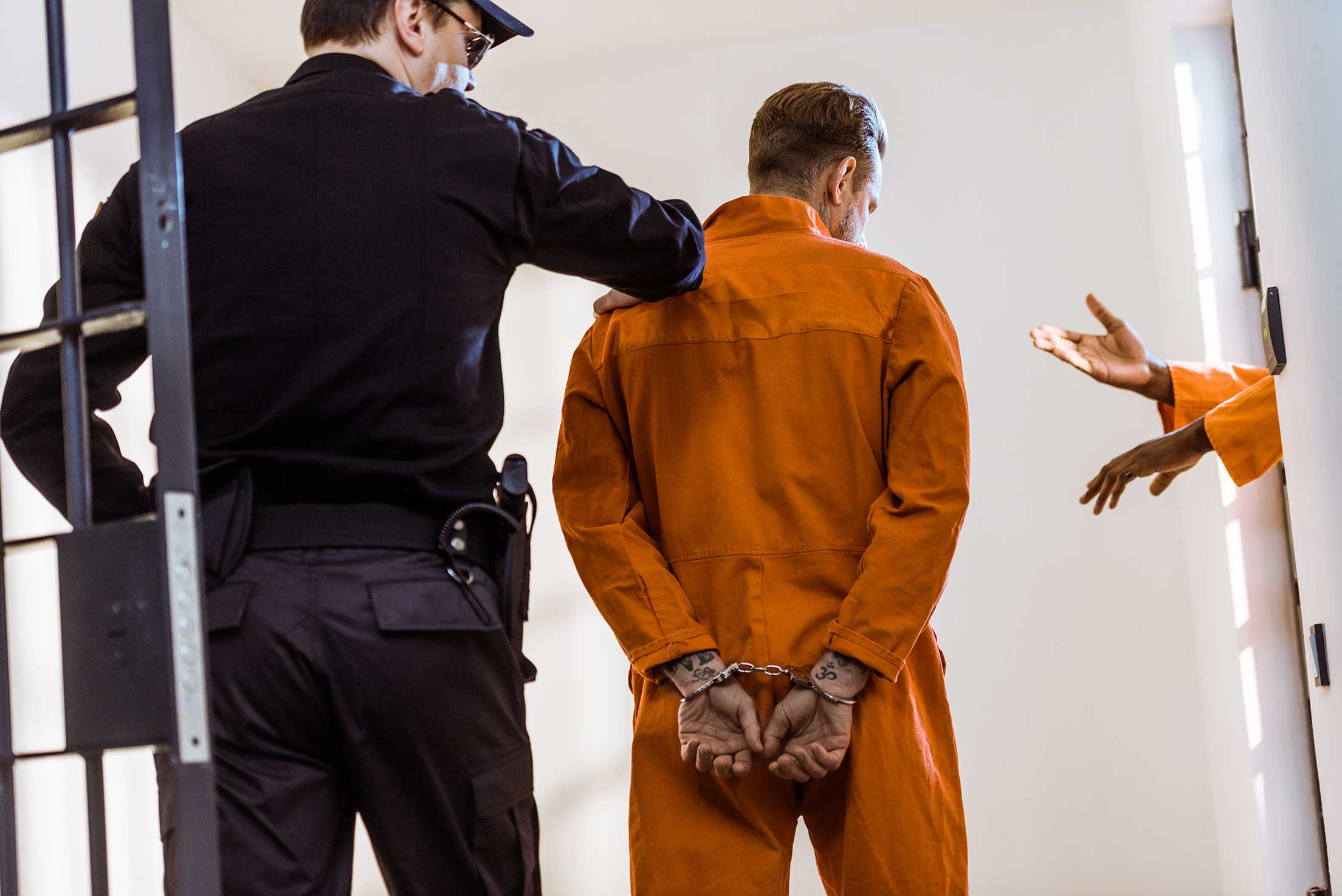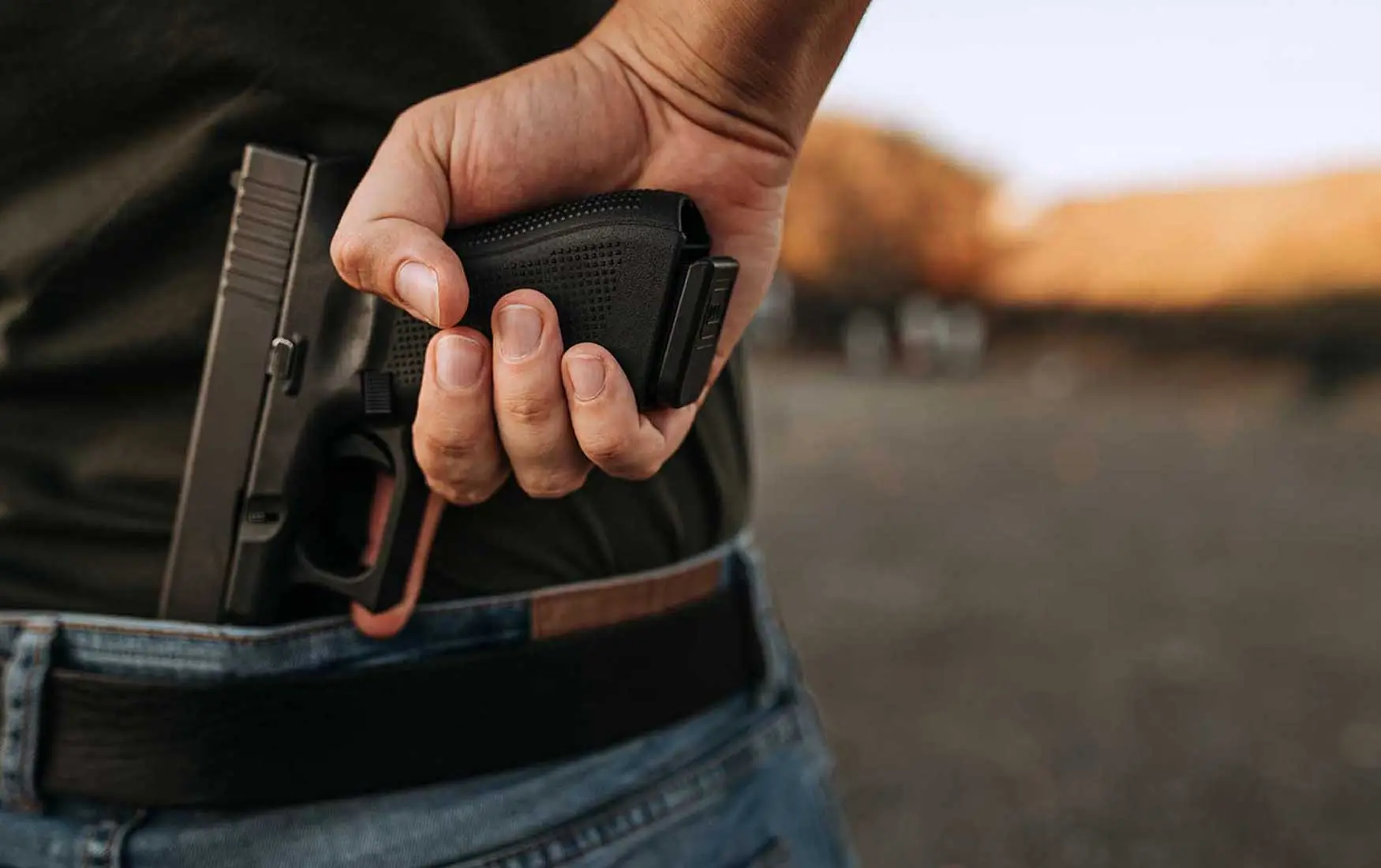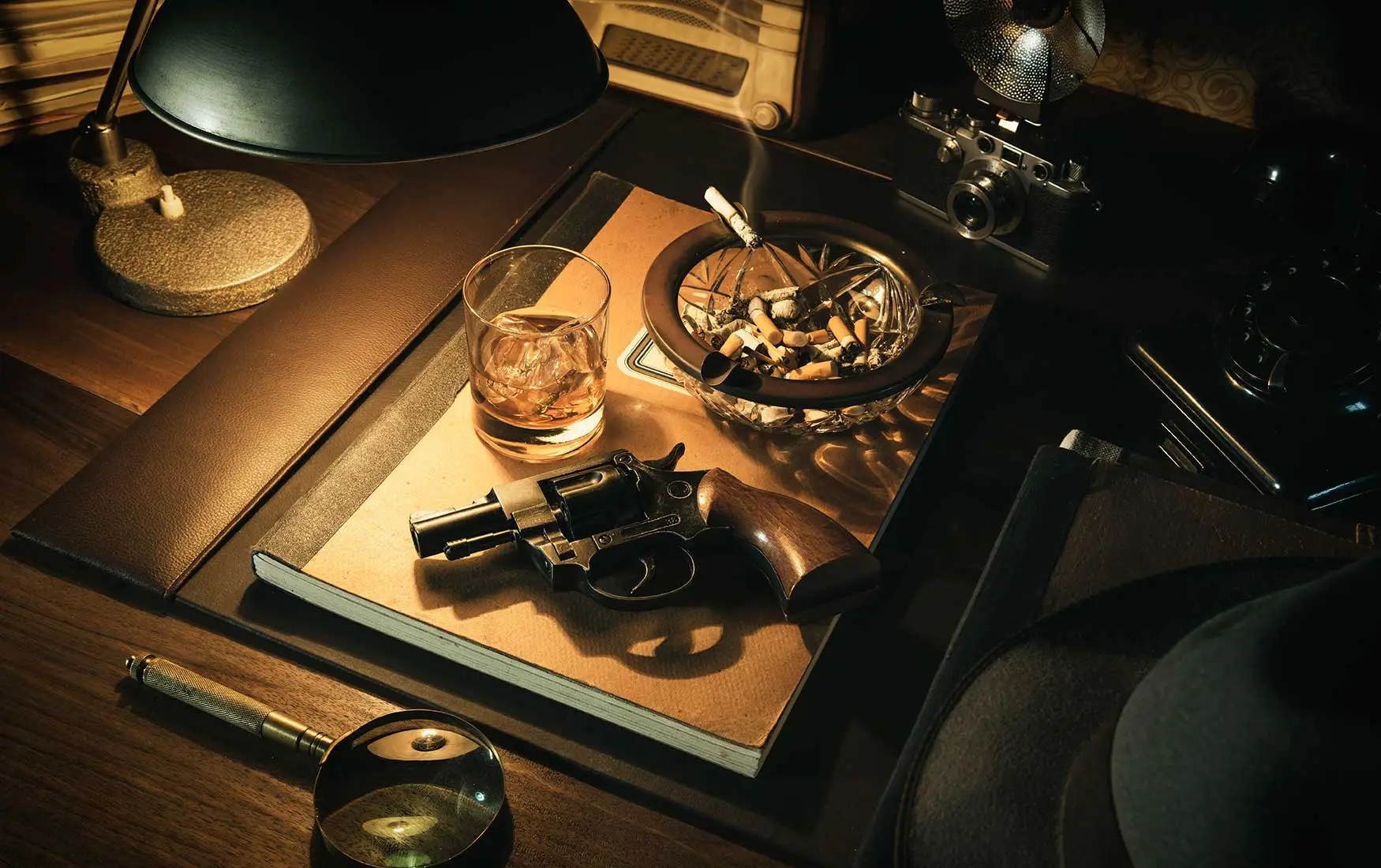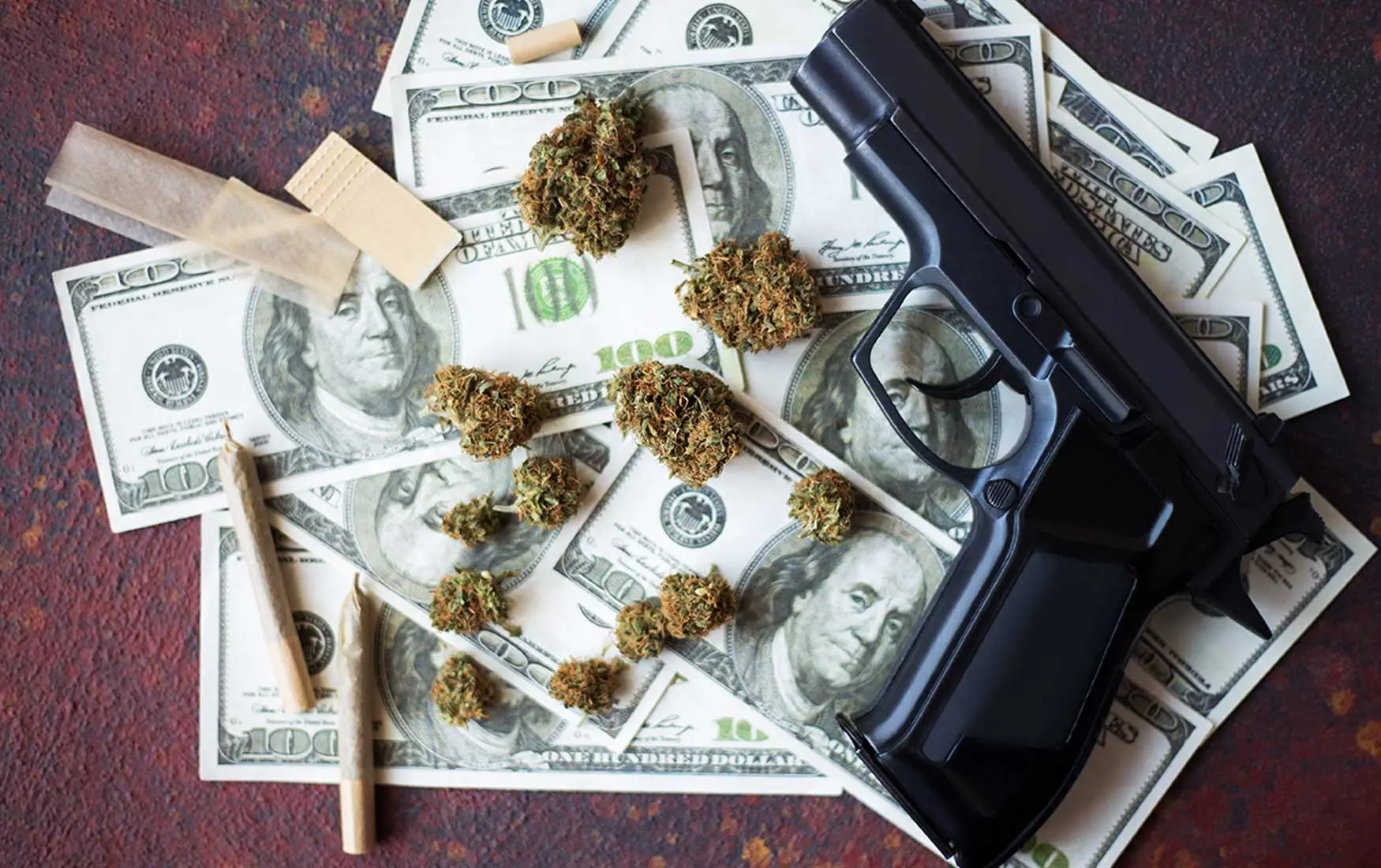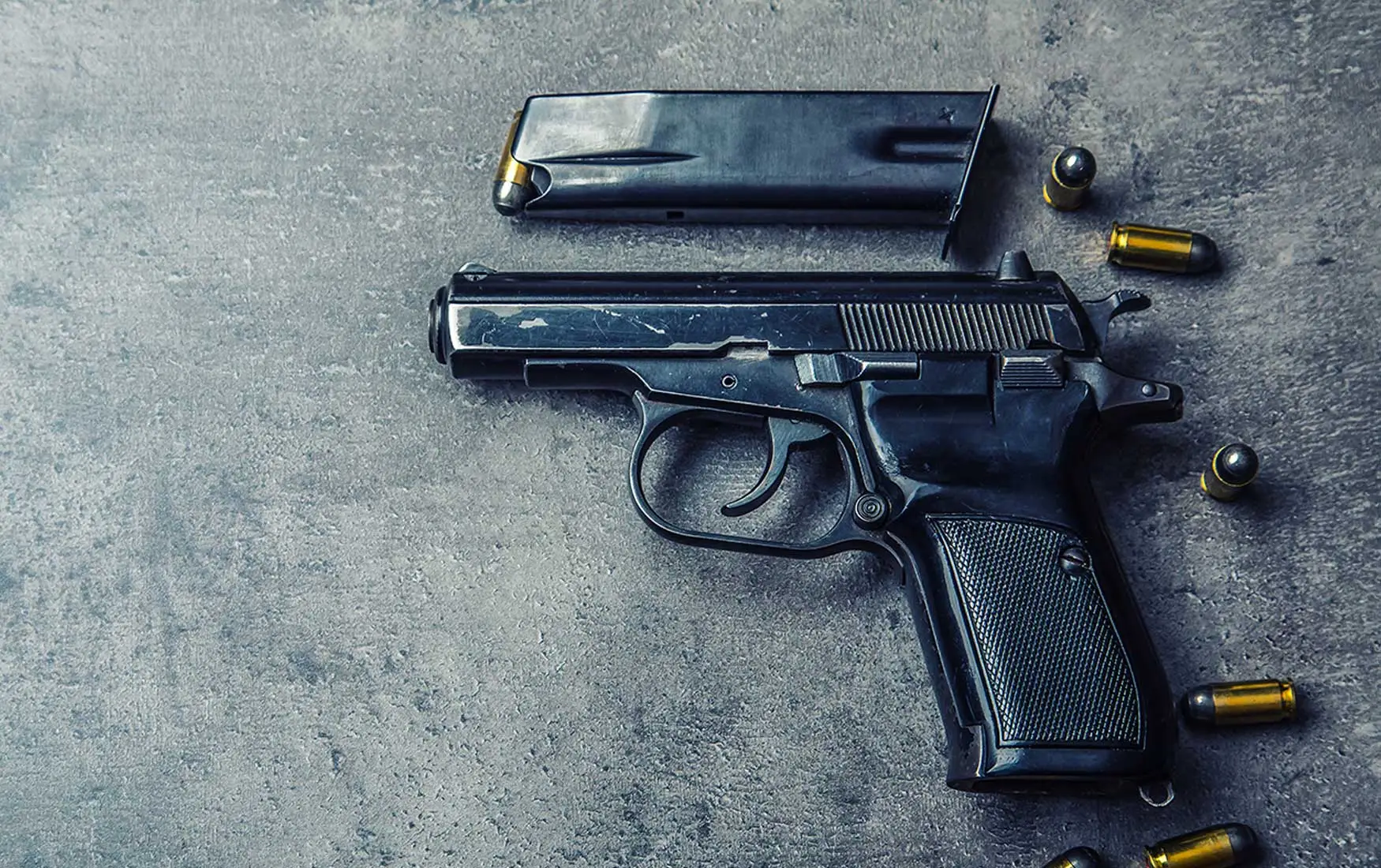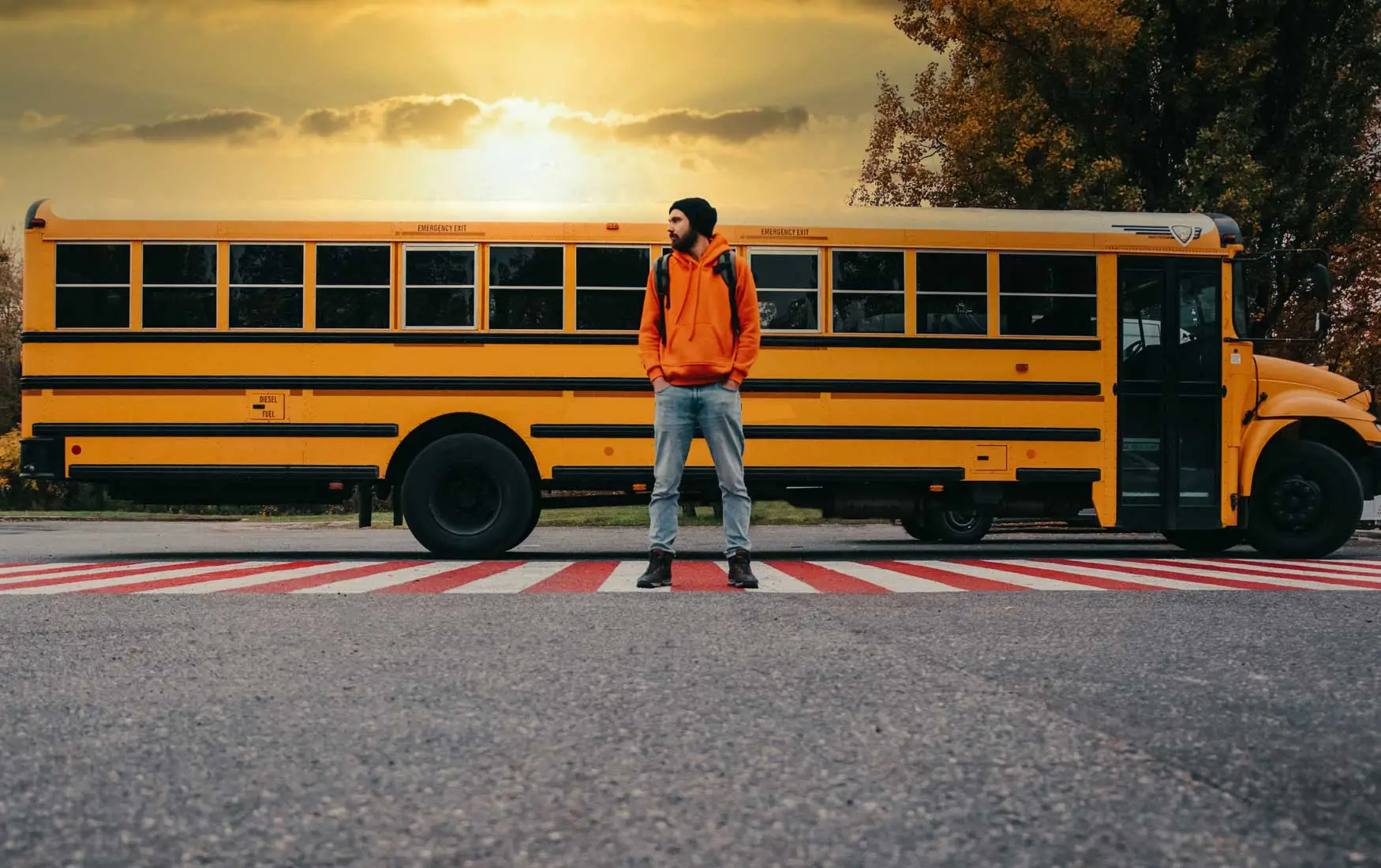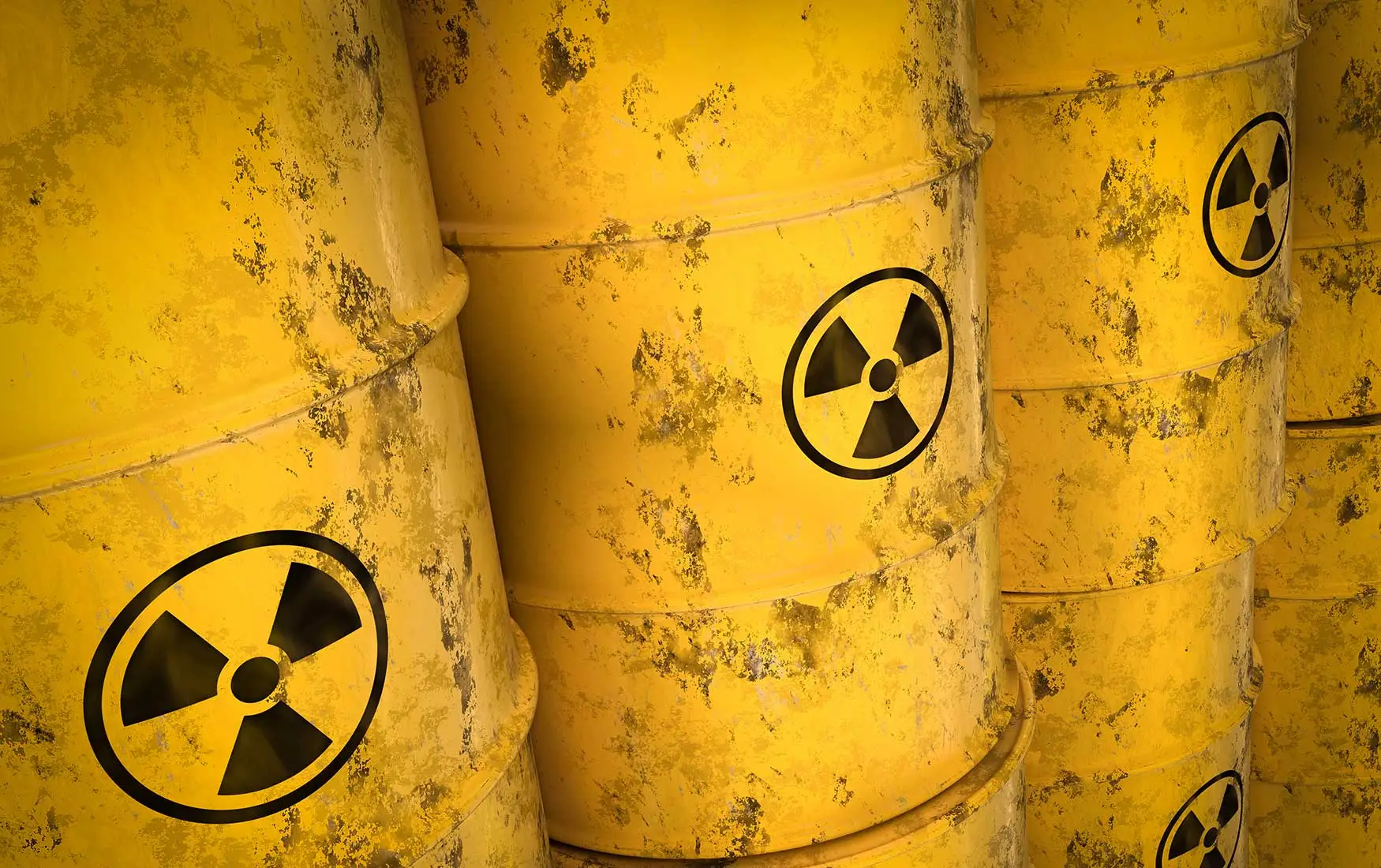1. FELONS CANNOT POSSESS FIREARMS
Per federal rule 18 U.S.C. § 922(g)(1). It lists anyone “who has been convicted in any court of a crime punishable by imprisonment for a term exceeding 1 year” is barred from possessing a gun. The only felonies not covered by the federal gun ban are those “pertaining to antitrust violations, unfair trade practices, restraints of trade, or other similar offenses relating to the regulation of business practices,” per 18 U.S.C. § 921(a)(20)(A).
2. DOMESTIC VIOLENCE CONVICTIONS
It shall be unlawful for any person . . . who has been convicted in any court of a misdemeanor crime of domestic violence . . . to possess in or affecting commerce any firearm or ammunition.” 18 U.S.C. § 922(g)(9). Under 18 U.S.C. § 921(a)(33)…The required element is not the existence of the domestic relationship but the use of a deadly weapon or the use of physical force. United States v. Hayes, 555 U.S. 415, 426 (2009).
3. SOME INDIVIDUALS UNDER INDICTMENT
Anyone who is “under indictment for a crime punishable by imprisonment for a term exceeding one year” is not allowed “to ship or transport . . . any firearm, ammunition or receive any such firearm or ammunition.” 18 U.S.C. § 922(n).This statute is a bit unclear but it bars anyone under indictment from “receiving,” or acquiring, a gun they did not own before being indicted.
4. EXPUNGEMENT / RESTORATION OF RIGHTS
The statutory language is in 18 U.S.C. § 921(a)(20). Whether a person has a “conviction” triggering the federal gun ban is determined by “the law of the jurisdiction in which the proceedings were held. Any conviction which has been expunged, or set aside or for which a person has been pardoned or had civil rights restored shall not be considered a conviction.”
5. INVOLUNTARY COMMITTED
Federal law bans firearm possession by anyone “who has been adjudicated as a mental defective or who has been committed to a mental institution.” 18 U.S.C. § 922(g)(4). As interpreted by the Bureau of Alcohol, Tobacco, Firearms and Explosives (ATF), the statute means anyone who has ever been involuntarily committed (IVC) at any age is prohibited from possessing a gun.
6. NICS BACKGROUND CHECK
If wrongly denied because of the NICS background check. You “may bring an action against the State or political subdivision responsible for providing the erroneous information, or responsible for denying the transfer, for an order directing that the erroneous information be corrected or that the transfer be approved, as the case may be.
7. DRUG USE
Any person “who is an unlawful user of or addicted to any controlled substance” is barred from possessing guns. 18 U.S.C. § 922(g)(3). Under Ninth Circuit law, the ban applies to anyone whose drug use is “sufficiently consistent, prolonged, and close in time to his gun possession.” United States v. Purdy, 264 F.3d 809, 812 (9th Cir. 2001). T
8. GUNS IN THE HOME OR BUSINESS
“[T]he fact that state law permitted [the defendant] to possess a firearm in his home despite his status as a convicted felon whose civil rights had not been restored [was] not sufficient to insulate him from federal prosecution.” United States v. King, 119 F.3d
9. GUNS IN THE HOME OR BUSINESS
The federal statute prohibits possession of “any firearm or ammunition.” 18 U.S.C. § 922(g). “Ammunition” is defined as “cartridge cases, primers, bullets, or propellant powder designed for use in any firearm.” 18 U.S.C. § 921(a)(17)(A).
10. IGNORANCE
In United States v. Mitchell, denied the Fourth Circuit said that the Government is not required to show that a defendant knew that federal law prohibited him from possessing a gun.

